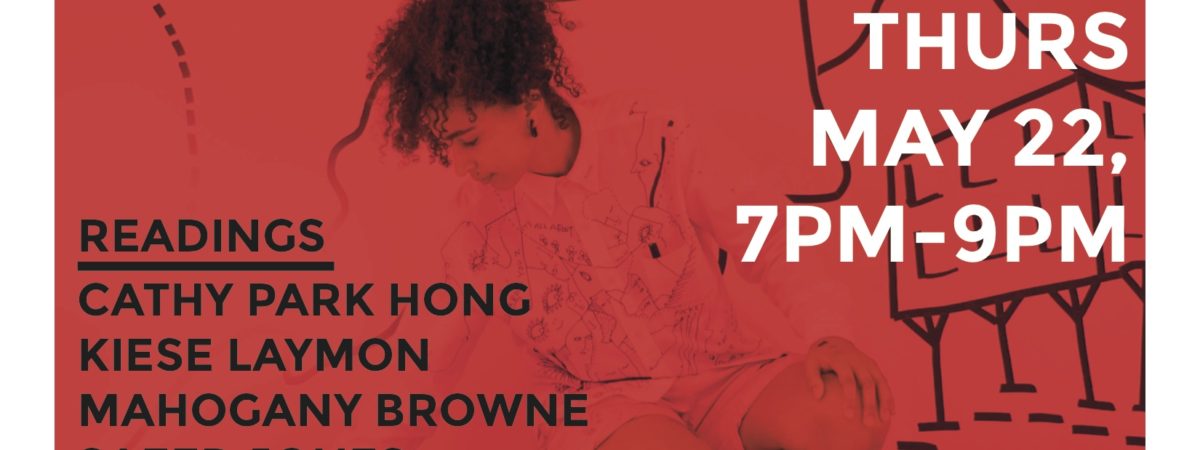Spotlight on Issue 3: Cynthia Dewi Oka
Two poems by Apogee Issue 3 Featured Artist Cynthia Dewi Oka Tabuh Rah I. After the wounds are scraped the blood flaked to sawdust the feathers black snow around her ankles, she will bite into the bird and drink like a coyote or child of Cain, roll the sour heat across her tongue; she will become a weapon. II. The loose bolt of the jugular. The wrench of the tongue. Inside her the hands of men churn like Pacific storms. Gleam of coin toss, then the rat-tat-tat polemics of a dead revolution. III. The bets are placed. Tourists fiddle with their cameras. The cocks are thrown into the pit, armed with their bodies, slick with god: whatever knife plays within us, what Lorca called duende, will mark its territory tonight. IV. The spectacle cleanses the witness. Tradition and formlessness both demand a good death. When it is over, the sun like a fat white spider resumes its weaving, in and out of Bintang beer bottles, the ditches where children bathe, the wax paper kites that pin up the sky. V. She sucks the bones dry. Each flightless bird’s eye that will not close again. In the caves of memory, where... Read More



